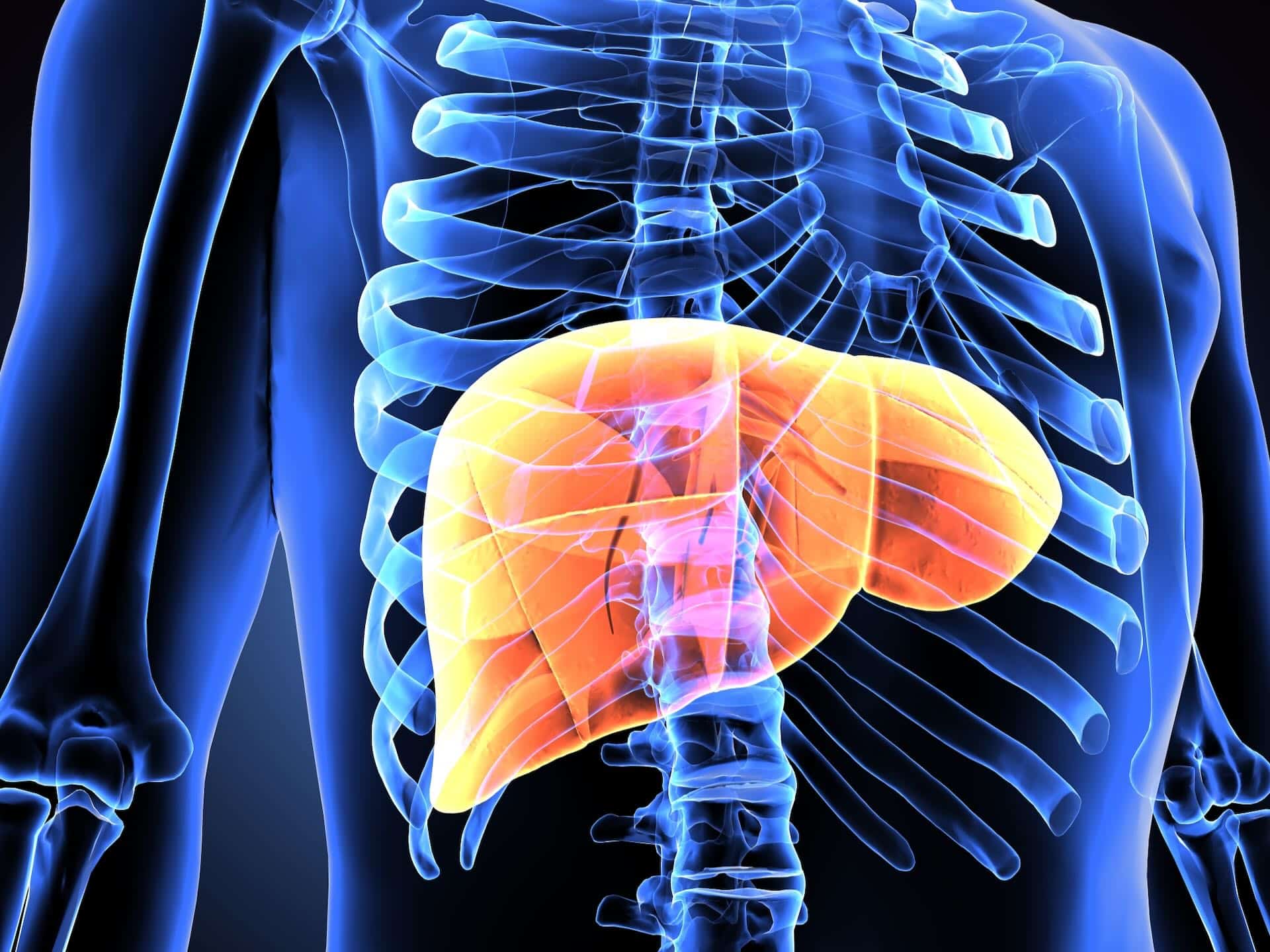
Fatty liver disease, also known as hepatic steatosis, is a growing concern globally due to the rise in obesity and diabetes. It can lead to serious complications if left untreated, including liver cirrhosis and liver cancer. Clinical trials offer a promising avenue for individuals looking to improve their health and contribute to medical research.
What are Fatty Liver Clinical Trials?
Fatty liver clinical trials are research studies conducted by medical professionals to evaluate new treatments, medications, or interventions for individuals with fatty liver disease. These trials aim to improve the understanding of the disease and discover more effective ways to manage and treat it. Participants in clinical trials play a crucial role in advancing medical knowledge and helping to develop better treatment options for future patients.
Types of Fatty Liver Clinical Trials
- Drug trials: Testing the effectiveness of new medications in treating fatty liver disease.
- Lifestyle intervention trials: Evaluating the impact of diet, exercise, and weight management on liver health.
- Combination therapy trials: Studying the effectiveness of combining different treatment approaches to improve outcomes.
- Prevention trials: Investigating methods to prevent the progression of fatty liver disease.
Benefits of Participating in Fatty Liver Clinical Trials
There are several potential benefits to participating in fatty liver clinical trials:
Access to Cutting-Edge Treatments
- Participants may receive access to new medications or treatments that are not yet available to the general public.
- Opportunity to try innovative therapies that could be more effective than standard treatments.
Expert Medical Care and Monitoring
- Participants are closely monitored by a team of medical professionals throughout the trial.
- Regular health assessments and follow-up visits to track progress and address any concerns.
Contribution to Medical Advancements
- Helping to advance medical knowledge and potentially improve the standard of care for individuals with fatty liver disease.
- Playing a vital role in the development of new treatments and interventions that can benefit future patients.
Possible Financial Assistance
- Some clinical trials may offer compensation for participation, which can help offset the costs associated with the study.
- Coverage of medical expenses related to the trial, including tests, procedures, and medications.
How to Participate in Fatty Liver Clinical Trials
If you are interested in joining a fatty liver clinical trial, here are some steps to consider:
Research and Consultation
- Research available clinical trials focusing on fatty liver disease and the eligibility criteria for participation.
- Consult with your healthcare provider to discuss the potential benefits and risks of participating in a clinical trial.
Screening and Enrollment
- Undergo screening tests to determine if you meet the specific requirements for the trial.
- If eligible, complete the informed consent process and officially enroll in the clinical trial.
Active Participation and Follow-Up
- Adhere to the protocol and guidelines outlined by the research team throughout the trial.
- Participate in scheduled visits, tests, and assessments as required by the study protocol.
Stay Informed and Engaged
- Stay informed about the progress of the clinical trial and any updates or findings that may impact your treatment.
- Communicate openly with the research team about any concerns or questions you may have during the trial.
Conclusion
Fatty liver clinical trials offer a valuable opportunity for individuals with fatty liver disease to access cutting-edge treatments, receive expert medical care, contribute to medical advancements, and potentially receive financial assistance. By participating in clinical trials, you not only have the chance to improve your own health but also to contribute to the development of better treatment options for individuals with fatty liver disease in the future.